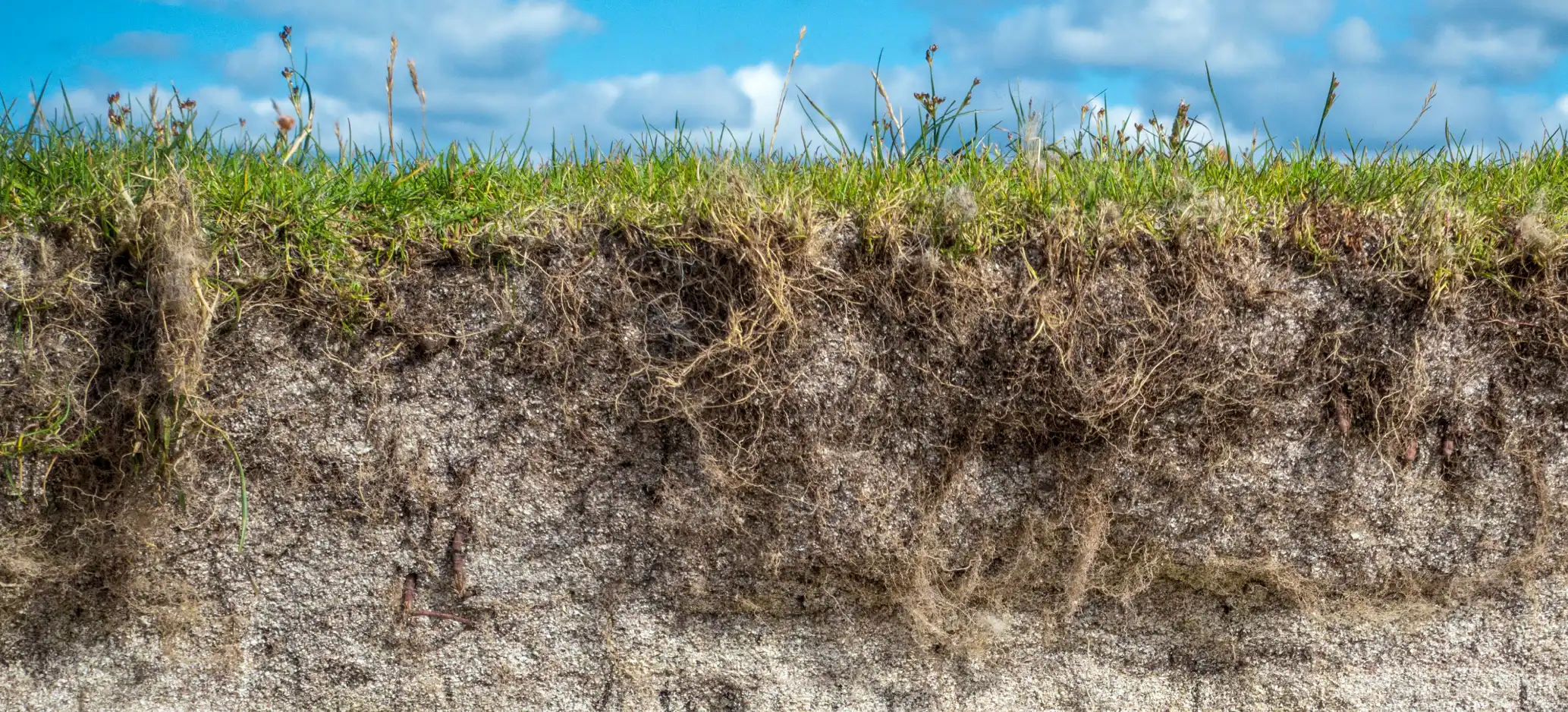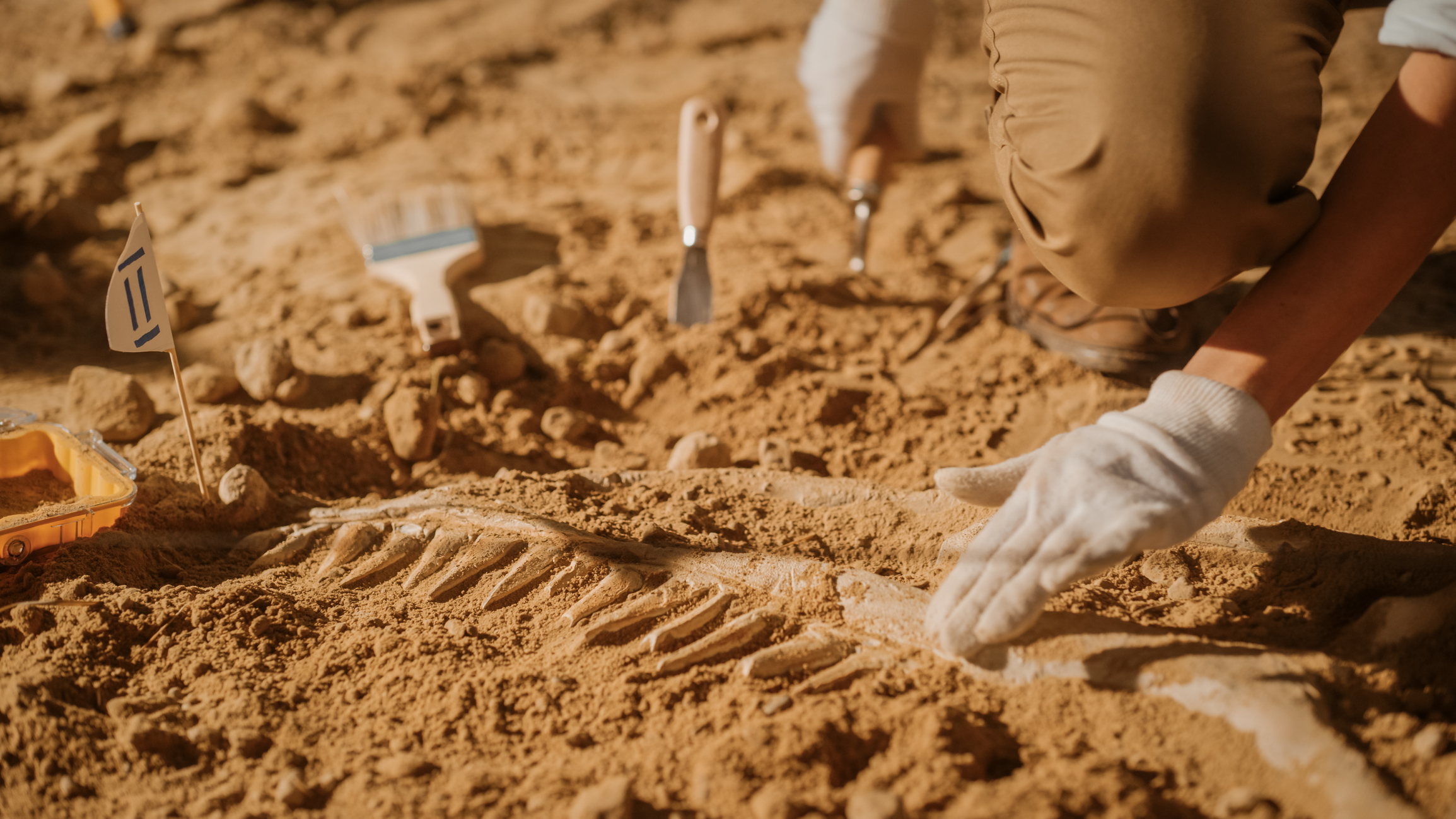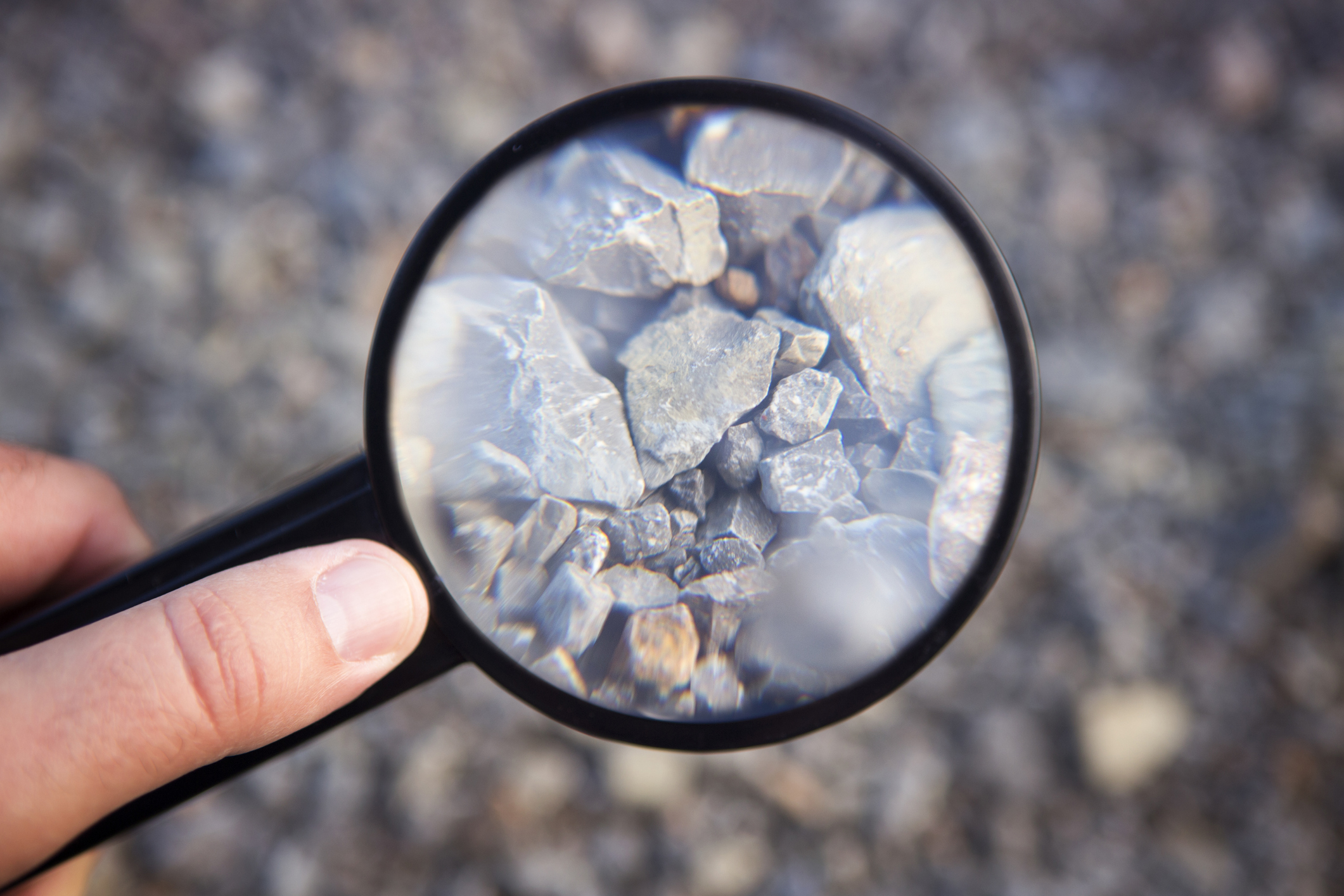Learning objectives
Knowledge
- To group rocks using their physical properties.
Working scientifically
- To make predictions, suggest improvements and explain observations over time.
Success criteria
Knowledge
- I can group rocks by their absorbency.
- I can
This content is for subscribers only. Join for access today.
National curriculum
Science
Rocks
Pupils
This content is for subscribers only. Join for access today.
Cross-curricular links
British values
This content is for subscribers only. Join for access today.
Before the lesson
This content is for subscribers only. Join for access today.
Lesson plan
Recap and recall
Display the Presentation: Rock classification key, arrange the children in groups of three and hand out a whiteboard and pen to each group. Demonstrate how to use the key to identify the first rock on the left (pumice) by answering the questions and following the ‘yes’ or ‘no’ path.
This content is for subscribers only. Join for access today.
Extended-mode explainer videos
How to extend your display to view the lesson page and preseantion mode simultaneously. Choose your operating system below to watch the video
If you need further support with extending your display,
please contact [email protected].
Extended-mode explainer video: For Mac
Extended-mode explainer video: For Windows
Adaptive teaching
Pupils needing extra support
Could use the Resource: Rock comparison word bank (from Lesson 1: Rocks: Appearance) to support them in noting down their observations about the different rock samples; could use the table of properties of different rocks in the Knowledge organiser as a reference when describing the properties of their rock samples.
Pupils working at greater depth
Should use their knowledge of the properties of rocks to design and label a park with the following features made from the appropriate rock choices: a seating area, a water feature, paved paths, a climbing wall and an educational, sensory rock garden; could choose an extension activity relating to rocks from the Resource: Stretch and challenge: Rocks and soil.
This content is for subscribers only. Join for access today.
Assessing progress and understanding
Pupils with secure understanding indicated by: grouping rocks by their absorbency, reaction to
This content is for subscribers only. Join for access today.
Knowledge outcomes
- I can group granite, basalt, marble and slate as impermeable rocks and limestone, sandstone, chalk and clay as permeable rocks.
- I can group granite, basalt and slate as rocks that do not react with acid and chalk, marble and limestone as rocks that do react with acid.
- I can group granite and basalt as hard rocks, chalk, clay and sandstone as soft rocks and marble, slate and limestone as rocks with a medium hardness.
This content is for subscribers only. Join for access today.
Vocabulary definitions
-
absorbency
How well a material can soak up water or liquids.
-
acid rain
Rain that has harmful chemicals in it which can change or damage rocks.
This content is for subscribers only. Join for access today.





